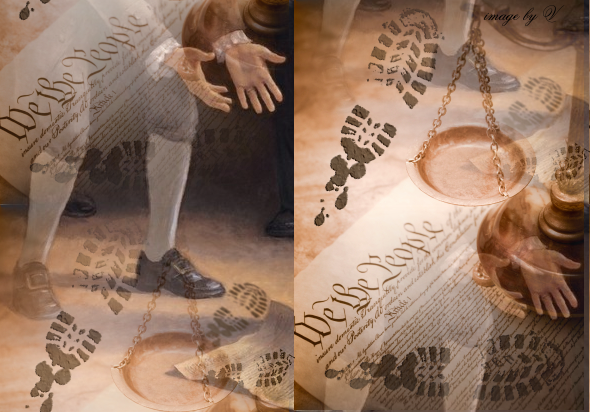Yes, this issue MUST be pursued. Her actions have left the door to our national security wide open. The real question is, why do so many not see the importance and ramifications of her laxity. Can anyone be so clueless regarding our safety. One might ask were her lack of proper procedures for handling sensitive materials intentional or unintentional. Neither one is comforting.
By Chetan Hebbale
Editor’s Note: This article was originally published on the author’s blog. The following is an abridged version. The full version can be read here.
Hillary Clinton’s email scandal is one of the most important, yet largely undiscussed issues of the 2016 election. Even though this scandal has been going on for over a year, a vast majority of Americans are still unsure of what exactly she did wrong. Many in the Democratic Party believe this whole controversy has simply been a partisan, Republican attack to damage her Presidential campaign. That view has been reinforced by Sen. Bernie Sanders (D – Vermont) who has refused to raise the issue in the primary elections thus far – something both potential Republican nominees have promised to do in the general election. So what is going on here?
Anyone who has read about the scandal is aware that it involves a private email server and maybe something to do with classified information. Beyond all the confusion over what exactly she may have done, in August 2015 the FBI officially launched an investigation into Clinton’s use of a private e-mail server while she was Secretary of State. The FBI’s involvement should signal that this is no longer a partisan issue, they would only be called in if federal crimes were committed. The investigation is on-going but rumor has it that the FBI is ready to refer Clinton for indictment to the Department of Justice. The decision to prosecute Clinton lies with the Attorney General Loretta Lynch and President Barack Obama. The FBI is rumored to make their official recommendation around May or June with the Democratic National Convention choosing the party’s Presidential nominee in July.

FBI Director James Comey (Photo Credit: Association Press)
The primary issue that FBI investigators are looking at is whether or not Clinton knowingly retained, transmitted, or deleted classified information from her private server. Communicating this type of information through unsecure means could put highly classified government secrets at risk by making them susceptible to hackers and spies. As of January 2016, the State Department has withheld 22 emails from Clinton’s server as being too classified to release to the public. We know two of these emails surround the movement of North Korean missiles, and the specifics of a drone operation. Clinton has denied wrongdoing by saying these emails have all been retroactively classified, and she neither sent nor received information “marked classified” while Secretary of State. More importantly, as the head of the agency she was the ultimate arbiter of what information would or wouldn’t be considered classified at the time. After Clinton turned over 55,000 pages of emails to the State Department, she subsequently deleted the remaining contents on the server claiming those emails to be personal and not work-related.
There are several laws surrounding the mishandling of classified information which are spelled out under Title 18 US Criminal Codes and Procedures. The two statutes federal investigators are most interested in are Title 18 U.S. Code § 1924 and Title 18 U.S. Code § 793. A violation of Section 1924 is a misdemeanor punishable by a fine and up to a year in prison, while a violation of Section 793, “The Espionage Act,” is a felony punishable by a fine and up to ten years in prison.
The existing legal analysis of this issue has mostly been done by ABC legal analyst Dan Abrams, Emeritus Professor of Law Richard Lempert and Washington Post columnist Ruth Marcus. Their arguments center on the difficulty to find compelling evidence that Hillary Clinton knowingly sent sensitive information, because there are no emails “marked classified” on her server. They also believe it would be hard to prove Clinton intentionally put American secrets at risk with her emailing practices and server security.
Based on the available evidence, I disagree with the existing legal conclusions and there are already signs that the Department of Justice does as well. Here are the reasons Hillary Clinton should and will be indicted for violating Section 1924 and Section 793 of US Title 18 while Secretary of State from 2009 to 2013.


























